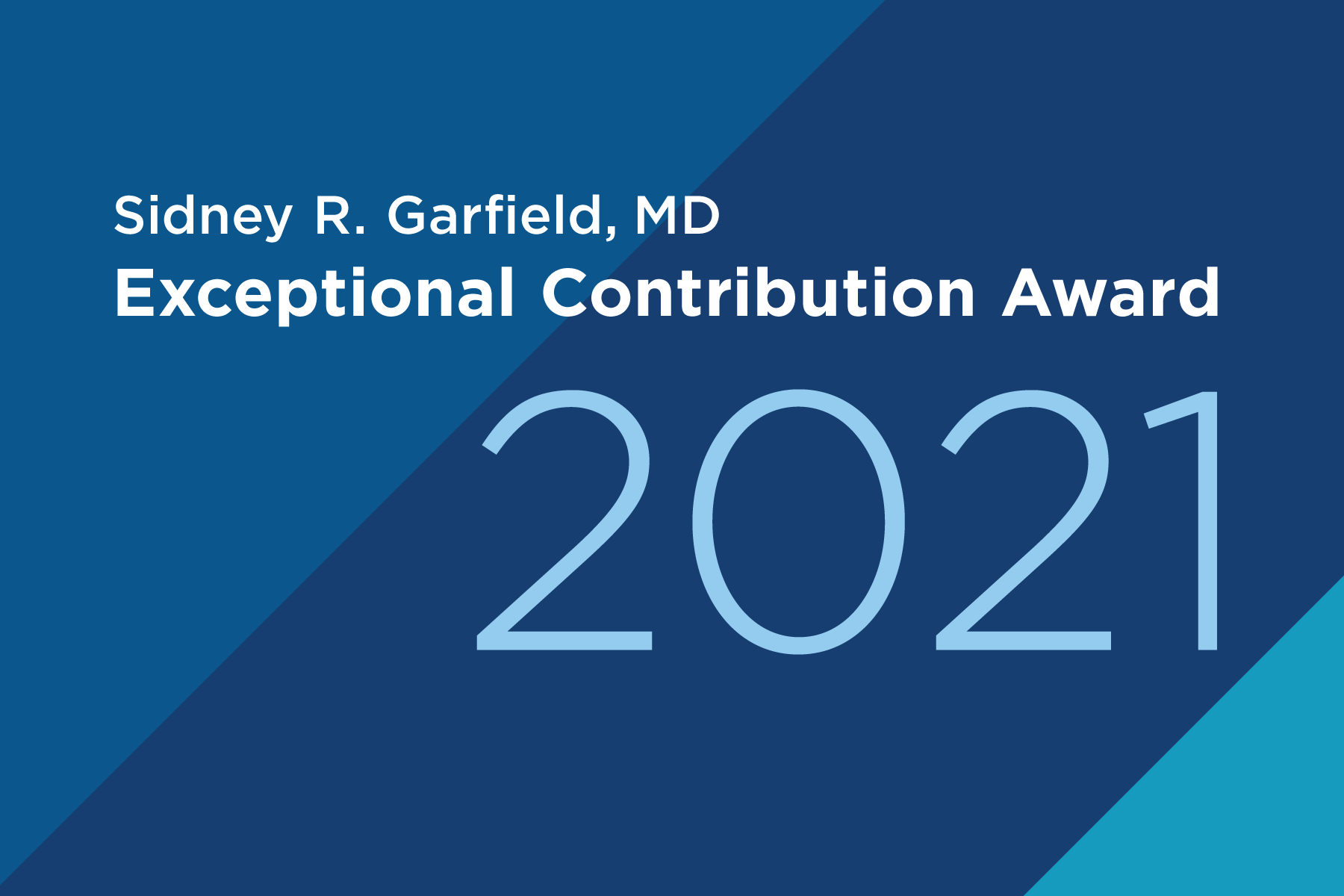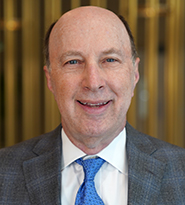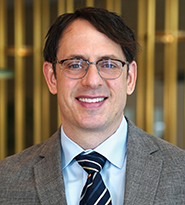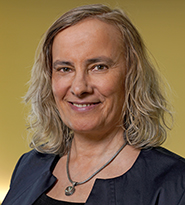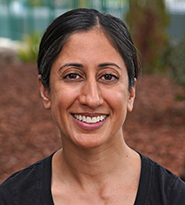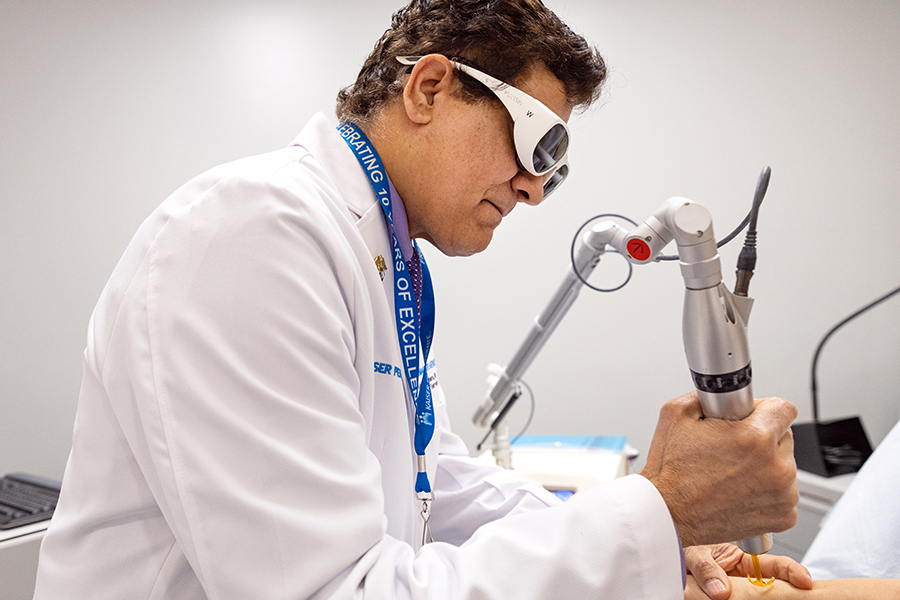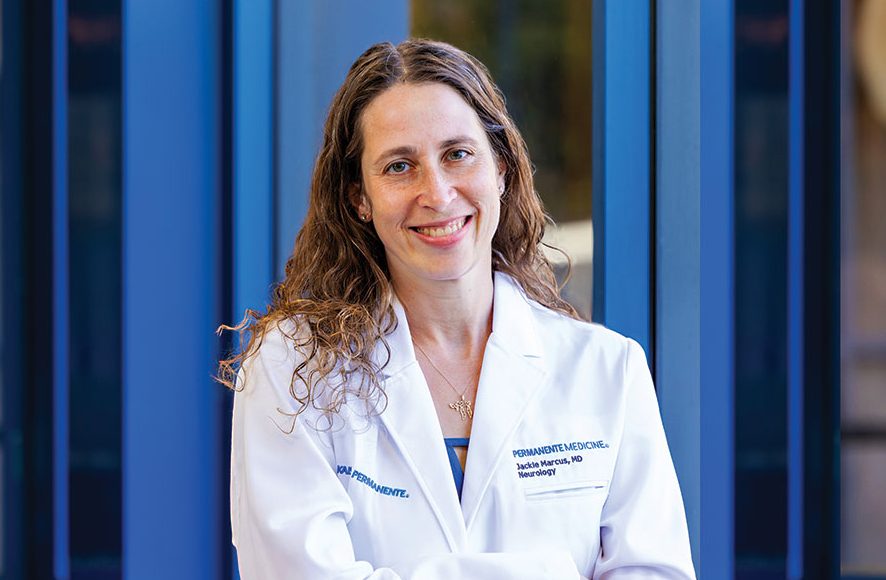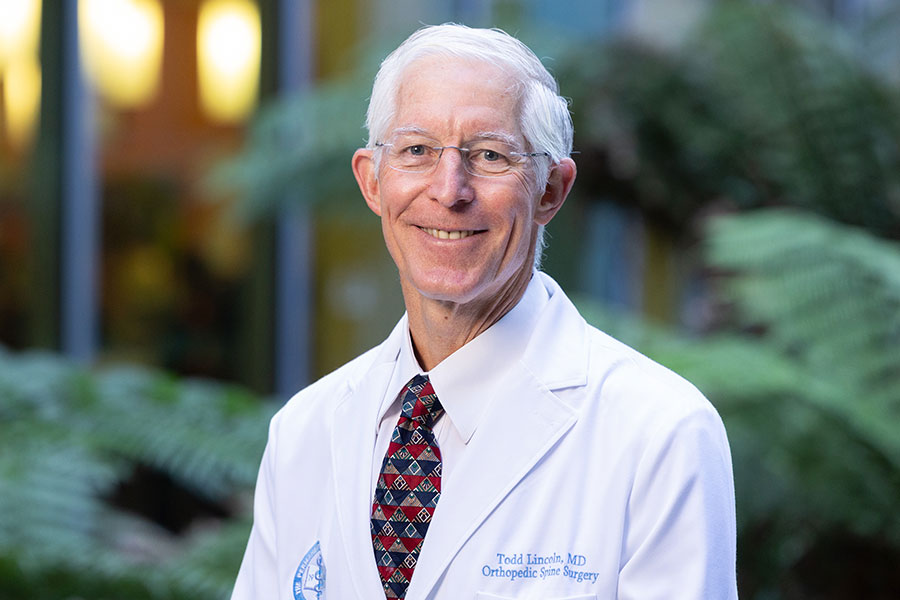Every year The Permanente Medical Group honors a select group of physicians with an award named after its founder. The Sidney R. Garfield Exceptional Contribution Award recognizes innovative physicians who have developed systems and programs that have a significant impact on patients, colleagues, and the broader community.
Read about each physician, below, and watch brief videos about their work.
Allen Fischer, MD
Neonatology, Kaiser Permanente Walnut Creek
Michael Kuzniewicz, MD
Neonatology, Kaiser Permanente San Francisco
Early Onset Sepsis Calculator
Ask research scientists what one of the biggest challenges is with research, and most will say that it’s translating findings in to practice. But in the case of Drs. Allen Fischer and Michael Kuzniewicz, their unique collaboration resulted in not only setting a new standard for medical practice, but also reducing antibiotic use.
Their groundbreaking work included developing an online neonatal calculator that estimates the risk of early onset sepsis (EOS), with the aim of keeping low-risk babies with their mothers, and reserving antibiotics for those newborns who truly need it.
In the past, babies would be admitted to neonatal intensive care units to rule out EOS whenever the mother had a temperature or chorioamnionitis, based on a 2010 Centers for Disease Control (CDC) screening and treatment algorithm. This approach resulted in 350 to 500 newborns being treated with antibiotics annually in the United States for every one newborn who actually had EOS.
Dr. Kuzniewicz was concerned about the negative effects of unnecessary antibiotic exposure, the separation of babies from their mothers, and interruption of breastfeeding. The Division of Research’s Perinatal Research Unit analyzed data from over 600,000 newborns. Their analysis produced the Neonatal EOS Calculator, a predictive model that incorporates findings from an infant’s clinical exam, provides the baby’s individual risk of sepsis, and guides antibiotic management.
Dr. Fischer operationalized these findings into actual clinical care by persuading his colleagues that the EOS calculator was grounded in science and safety. By 2015, it had been implemented in all KP Northern California medical centers and since then the calculator has reduced the number of newborns exposed to antibiotics by 44% and has been just as effective at identifying EOS patients as the 2010 guideline.
Read more and watch a short video about Dr. Fischer and Dr. Kuzniewicz
Mark Gasparini, MD
Urology, South San Francisco
Kidney Stone Prevention Program
Kidney stone disease is not uncommon: 1 in 10 people will have a kidney stone at some point in their lives. Of those, approximately 60% require an emergency department visit, and 20% need surgery. And recurrence rates are unfortunately high—approximately half of patients will have another painful stone episode, and many will suffer multiple recurrences.
Fortunately, kidney stones are preventable. With proper evaluation and preventive care, risk can be reduced by 50% to 300%. This fact is not lost on Dr. Gasparini, a TPMG urologist who, along with his colleagues, spearheaded a kidney stone prevention program that has dramatically improved kidney stone prevention throughout KP Northern California. Dr. Gasparini set out to build a pharmacist-managed program that would rely on evidence-based protocols administered via telemedicine to efficiently improve preventive care. Working with local leadership and multiple specialty groups, he implemented a pilot program at KP South San Francisco and Oakland.
The results demonstrated dramatic improvements—dietary education that had been occurring about half the time increased to 100%, and complete metabolic evaluations increased from 16% to 80%. After honing the protocols locally with physicians and pharmacists, the Northern California Kidney Stone Prevention program was expanded regionwide in 2019. It’s estimated the program will eliminate 1,000 kidney stone episodes, 700 urology consults, and 200 surgical procedures per year.
Read more and watch a short video about Dr. Gasparini
Tatjana Kolevska, MD
Oncology, Kaiser Permanente Vallejo
Transforming Oncology and Hematology Care
Dr. Kolevska has made innumerable contributions in her roles as assistant director of the Kaiser Permanent Northern California Oncology and Hematology Clinical Trials program, chair of physician education for The Permanente Medical Group, and as the recently appointed KP national medical director for cancer care. But it’s her role as TPMG chair of oncology and hematology for which she’s most celebrated.
Dr. Kolevska recently engaged TPMG oncologists and hematologists to join forces in transforming cancer and hematology care into an expert-based, multidisciplinary program in which every patient gets expert care close to home. “In the last decade the Federal Drug Administration has approved more than 200 new medications and over 160 genetic tests for cancer care—more than any other specialty,” she says. “Specialization is the best way to stay on top of this rapid advancement.”
Dr. Kolevska and her colleagues designed a model in which cancer and hematology care are divided into 12 specialties, grouped by volume, and distributed throughout the region so that patients never have to travel far from home to consult with an expert. This new model of care provides high-value consultations and eliminates the need for out of network referrals. Today 90% of caseloads for TPMG hematologists and oncologists fall within their two areas of specialty.
Read more and watch a short video about Dr. Kolevska
Charulata Ramaprasad, MD
Infectious Diseases, KP San Jose
COVID-19 Pandemic Response
Just a few months into her tenure as chair of infectious diseases in The Permanente Medical Group, Dr. Ramaprasad faced what would become the greatest public health challenge of the past century: the COVID-19 pandemic.
As soon as reports of a novel coronavirus emerged from Wuhan, China, in December 2019, Dr. Ramaprasad worked with other physician leaders and experts and spent countless hours to ensure KP facilities were prepared to safely recognize and treat patients with COVID-19. Within days of California’s first community cases, she organized a COVID triage call line to answer questions about COVID testing and adapt to constantly evolving guidelines. She collaborated with KP drive-through testing centers and helped create teams to deliver test results, provide clinical guidance, and ensure outpatients were appropriately isolated and quarantined.
Hearing the voices of physicians across the organization and spreading best practices was critical to success. She worked with colleagues in emergency management and other specialties to collate, distill, and decipher evidence from studies on COVID-19 to create dozens of algorithms and care pathways for COVID patients, and adapted recommendations as new data emerged. She recognized that with a new disease, medical practice could not remain the same, and provided leadership and direction every step of the way.


